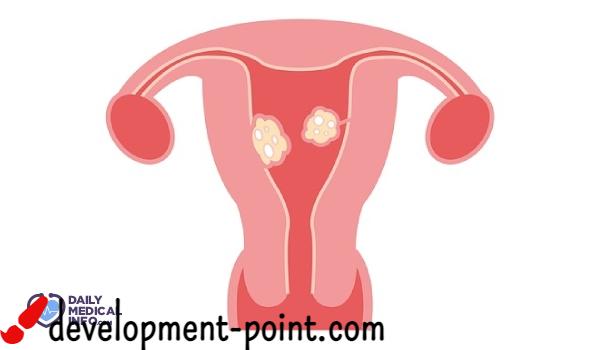The benefits of butter and the amount allowed to be eaten and harms
There is always a great deal of controversy when talking about the benefits of butter, as some see that it works on high cholesterol and clogging arteries, and on the other hand, some see that it is a dairy product that contains a high nutritional value, and in this article we will discuss its most prominent benefits, and potential damages as a result of eating it. .
Benefits of plain butter
Municipal butter or farmer’s butter (meaning natural butter that does not contain any hydrogenated vegetable oils) contains many nutrients important for the health of the body, such as calcium, which is a key element for building muscle, and there are a number of health benefits when eaten in moderation, including these the benefits:
1. The benefits of butter for the stomach
Butter contains butyrate, a type of short-chain fatty acid associated with many health benefits, such as promoting digestive health by reducing intestinal inflammation, and reducing symptoms associated with IBS, such as stomach pain, bloating, diarrhea and constipation, and there is a need for more scientific studies that It confirms the effectiveness of the butyrate present in butter to promote a healthy stomach.
2. Cancer resistance
Butter contains beta-carotene, which may help reduce the risk of types of cancer, such as lung cancer and prostate cancer.
3. Promote bone health
Butter contains vitamin D, which is an essential element for bone growth and development, and calcium, which is needed to strengthen bones and prevent some bone diseases such as osteoporosis.
4. The benefits of butter for the face
Baladi butter contains a rich percentage of fatty acids and vitamin A, which makes it a suitable option for use within natural masks, which helps to give freshness and vitality to the face. of healing wounds.
5. Resist infections and enhance immunity
Butter is a rich source of conjugated linoleic acid, a type of fat found in meat and dairy products, and has many health benefits, such as containing anti-cancer properties, which helps reduce the development of colon, breast, stomach, prostate and liver cancers, as well as Many scientific studies have linked taking nutritional supplements containing this acid to its ability to fight infections, enhance body immunity, reduce body fat and lose weight.
6. Benefits of butter for men
Baladi butter is rich in healthy fats and other fat-soluble vitamins that may help produce testosterone, one of the most important hormones that promote men’s health.
Amount of butter to be eaten
The controversy surrounding the health of eating butter lies in the fact that it contains more than 60% of saturated fats, which has always been linked to atherosclerosis and heart disease, although there are no scientific studies confirming this.
But experts always advise that saturated fats should be included in the diet, but at a rate of less than 10% of the calories consumed per day, for example if the total calories eaten during the day is 2000 calories, in this case it is allowed to eat 20 grams of fat Saturated is equivalent to approximately 42 grams of butter (3 tablespoons), although it is preferable to eat only 1-2 tablespoons per day.
Butter damage
Excessive consumption of butter leads to many health damages, including:
1. Milk allergy
Although butter contains a small percentage of protein, it does contain some amount of whey protein, which may lead to allergic reactions in those with milk allergies.
2. Lactose intolerance
Butter contains small amounts of lactose, which is the sugar in milk, and it is best to consult a doctor before consuming butter, for those who suffer from lactose intolerance.
3. Heart disease
Butter contains a high percentage of saturated fats, which leads to a high proportion of harmful cholesterol in the body, which increases the risk of heart disease, and although there are some studies that do not link the intake of saturated fats with heart disease, beware of excessive consumption.
4. Weight gain
Butter contains a high percentage of calories, and its use in large quantities in food preparation leads to weight gain, and the appropriate amount of butter per day ranges between 14 to 28 grams, which is equivalent to two tablespoons.
After learning about the benefits and harms of butter, you can benefit from these benefits by eating it in moderate quantities, because excessive consumption may lead to obesity and heart disease.

